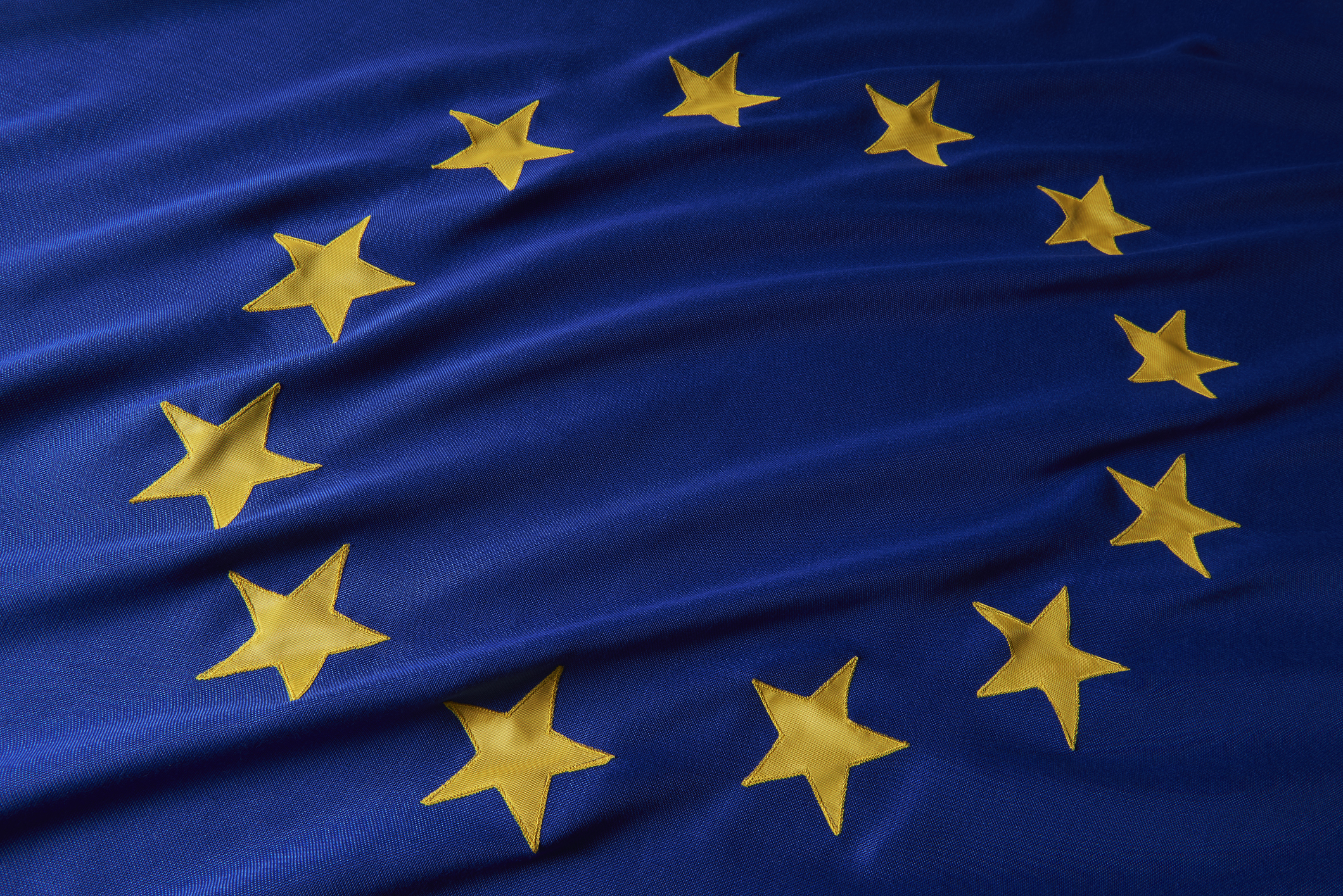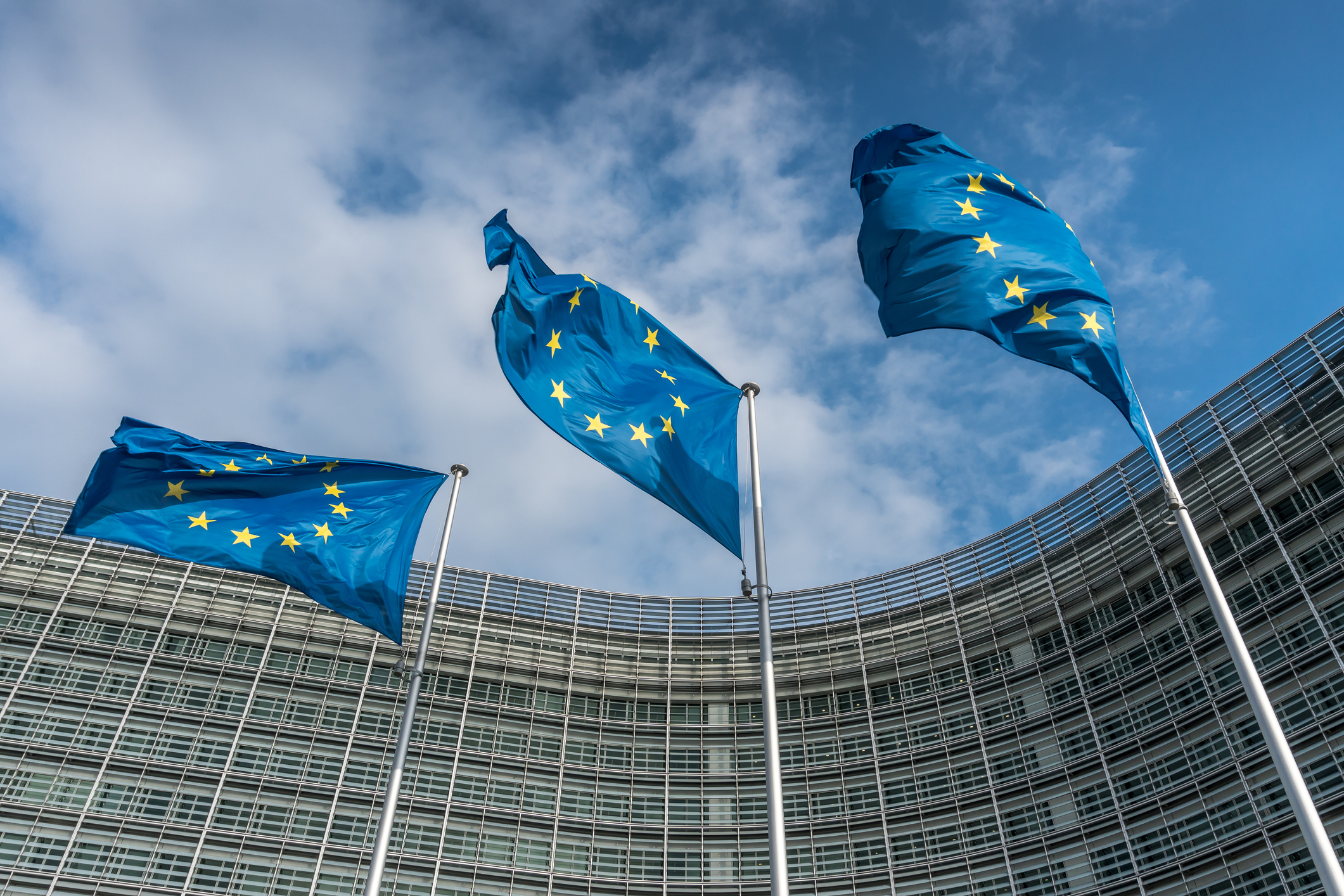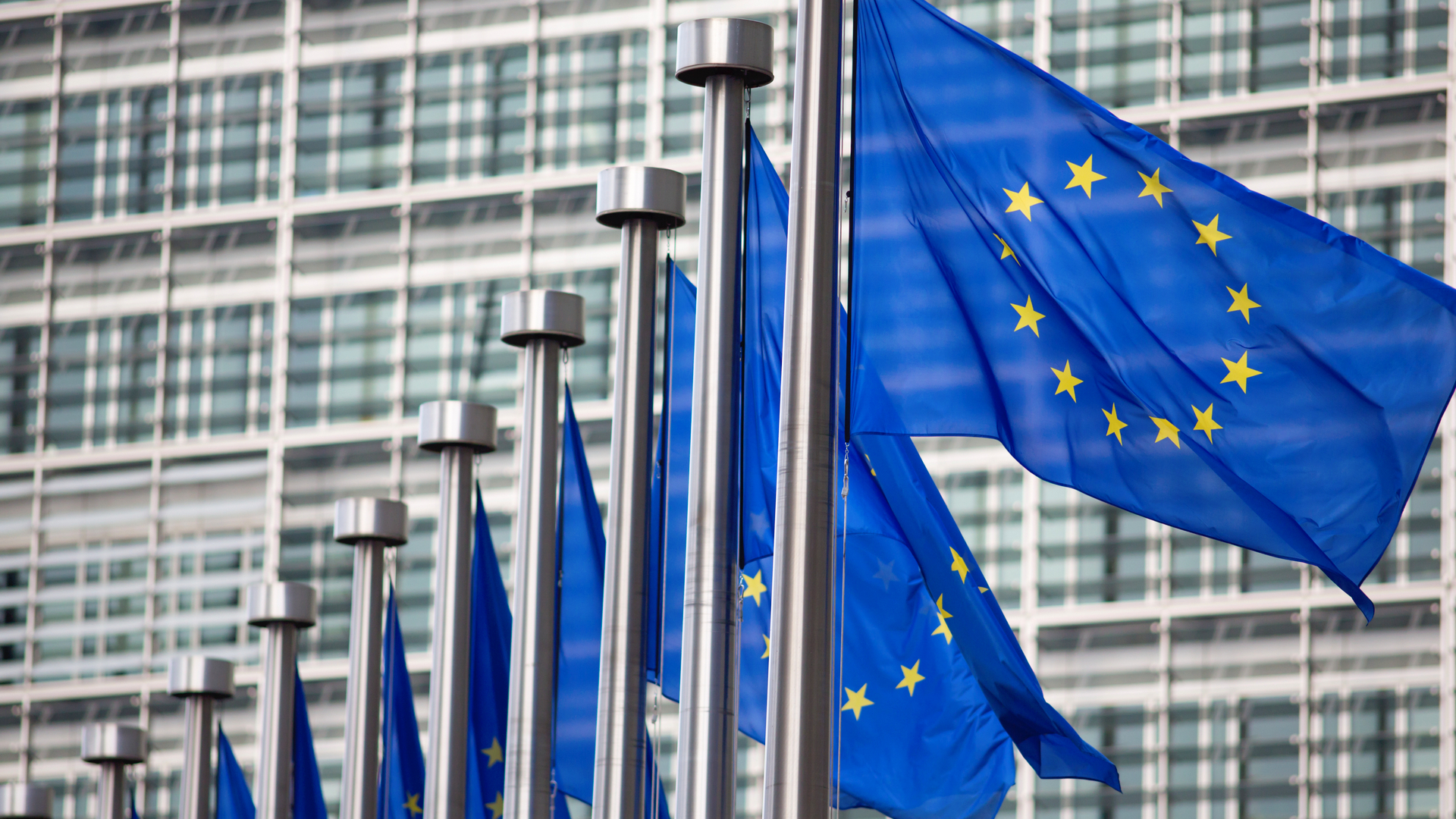EU proposes mandatory end-to-end encryption for all citizens
The proposal contradicts the UK government's stance on communication encryption

A European Parliament committee wants end-to-end encryption to be compulsory for all forms of digital communication, in a bid to improve the safeguards around online privacy for citizens within the EU.
A draft legislation submitted by the Committee on Civil Liberties, Justice and Home Affairs, attempts to harmonise online privacy rules by ensuring the same level of protection regardless of the service used.
The proposal would force all "providers of electronic communications services", such as apps like WhatsApp or mobile network operators, to place end-to-end encryption on all communicated data, to ensure that the "confidentiality and safety of the transmission are guaranteed".
With end-to-end encryption, service providers would not have access to the decryption key needed to "listen" in on the data being shared, with the sender and recipient the only parties able to see the communications.
The proposal seeks to repeal the current ePrivacy Directive launched in 2002 in an effort to "modernise" data protection frameworks alongside the implementation of GDPR next year. This will therefore need to be approved by the European Parliament and the European Council before it can be made law.
However, the committee argues that the older directive does not take into account new means of communications, such as the rise of IoT networks, which present "new challenges and risks concerning the privacy and protection of personal data of individuals".
This directly counters the narrative coming from the UK government over the monitoring of communications, which has said that tech firms should be providing authorities with a means to bypassing end-to-end encryption.
Get the ITPro daily newsletter
Sign up today and you will receive a free copy of our Future Focus 2025 report - the leading guidance on AI, cybersecurity and other IT challenges as per 700+ senior executives
Following the Westminster terrorist attack in March, Home Secretary Amber Rudd described WhatsApp's use of encryption as "completely unacceptable", arguing that it provides "a secret place for terrorists to communicate".
While many mocked her views, some expressed genuine concern that the government was using the recent atrocity as a means to push though a ban on encrypted communications and limit the privacy of UK citizens.
The EU committee argued that universal encryption is an essential step towards the completion of the Digital Single Market, "as it would increase trust and security of digital services" and would "recognise a longstanding and fundamental right of individuals, enshrined in the ECHR and the EU charter".
Its legislation would need to be approved by the European Parliament and then reviewed by the EU Council.
Picture: Bigstock
Dale Walker is a contributor specializing in cybersecurity, data protection, and IT regulations. He was the former managing editor at ITPro, as well as its sibling sites CloudPro and ChannelPro. He spent a number of years reporting for ITPro from numerous domestic and international events, including IBM, Red Hat, Google, and has been a regular reporter for Microsoft's various yearly showcases, including Ignite.
-
 Westcon-Comstor and Vectra AI launch brace of new channel initiatives
Westcon-Comstor and Vectra AI launch brace of new channel initiativesNews Westcon-Comstor and Vectra AI have announced the launch of two new channel growth initiatives focused on the managed security service provider (MSSP) space and AWS Marketplace.
By Daniel Todd Published
-
 Third time lucky? Microsoft finally begins roll-out of controversial Recall feature
Third time lucky? Microsoft finally begins roll-out of controversial Recall featureNews The Windows Recall feature has been plagued by setbacks and backlash from security professionals
By Emma Woollacott Published
-
 Forcing Apple to allow alternative app stores might cause major security risks
Forcing Apple to allow alternative app stores might cause major security risksAnalysis Apple will be forced to allow third-party marketplaces on its devices, but some experts have raised serious security concerns
By Solomon Klappholz Published
-
 Why bolstering your security capabilities is critical ahead of NIS2
Why bolstering your security capabilities is critical ahead of NIS2NIS2 regulations will bolster cyber resilience in key industries as well as improving multi-agency responses to data breaches
By ITPro Published
-
 New EU vulnerability disclosure rules deemed an "unnecessary risk"
New EU vulnerability disclosure rules deemed an "unnecessary risk"News The vulnerability disclosure rules in the Cyber Resilience Act could also cause a “chilling effect” on security researchers
By Ross Kelly Published
-
 Are you ready for NIS2?
Are you ready for NIS2?WEBINAR Find out what you should be doing to prepare for the EU’s latest data protection regulation and UK equivalent with our free webinar
By ITPro Published
-
 EU regulators are digging their heels in despite big tech’s Data Act pushback
EU regulators are digging their heels in despite big tech’s Data Act pushbackAnalysis EU regulators are no strangers to big tech regulatory push back, so why do companies still persist?
By Ross Kelly Published
-
 Microsoft's EU Data Boundary will begin staggered rollout in January 2023
Microsoft's EU Data Boundary will begin staggered rollout in January 2023News Public sector and commercial customers will be the first to benefit when the rollout begins on 1 January across all of Microsoft's core services
By Ross Kelly Published
-
 EU watchdog fights against rules permitting Europol's ‘unlawful’ data practices
EU watchdog fights against rules permitting Europol's ‘unlawful’ data practicesNews The pushback follows allegations that Europol was allowed to write its own rules when it came to handling sensitive data
By Connor Jones Published
-
 EU to introduce strict IoT security regulation
EU to introduce strict IoT security regulationNews Manufacturers will be required to assess all risks, and notify the EU of issues within 24hrs
By Rory Bathgate Published